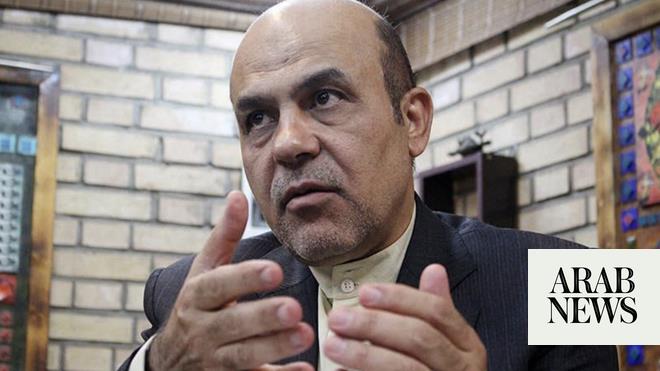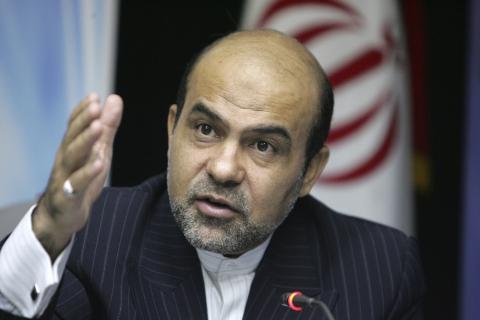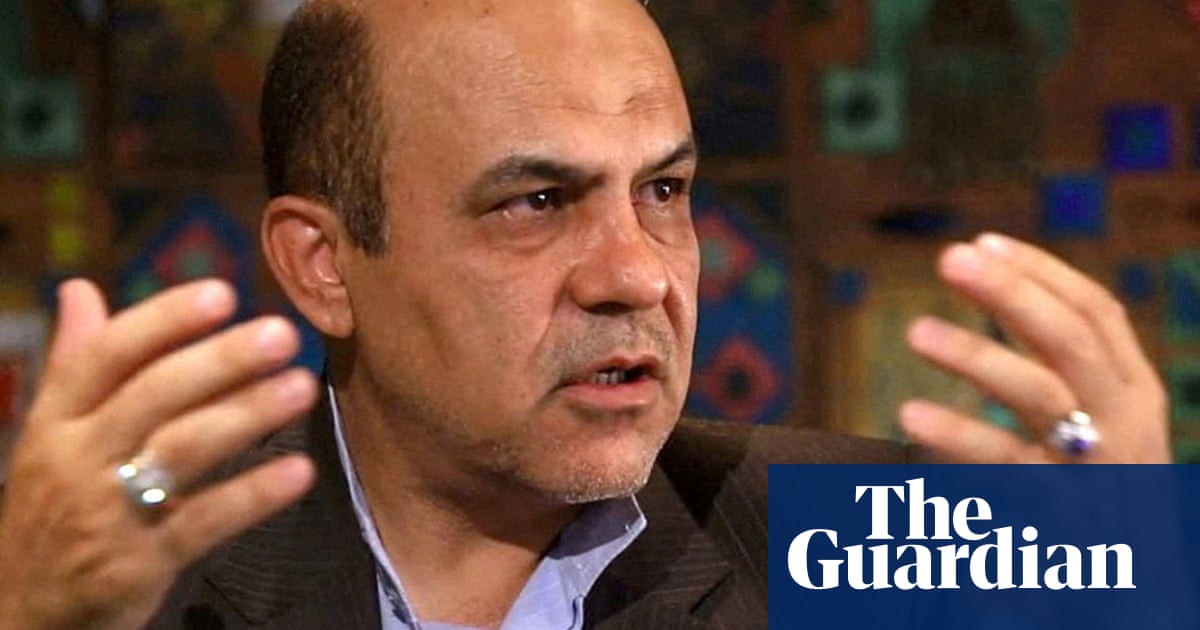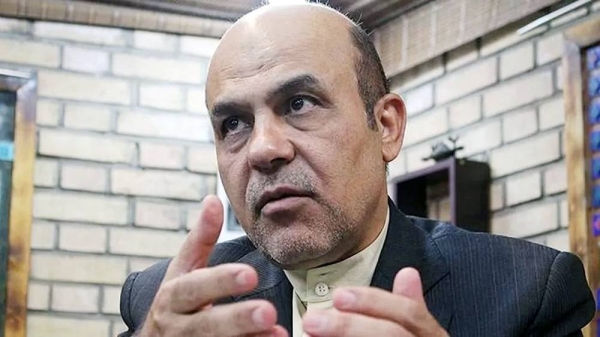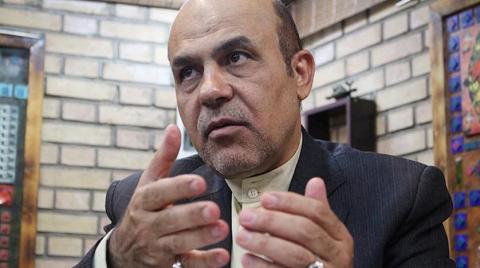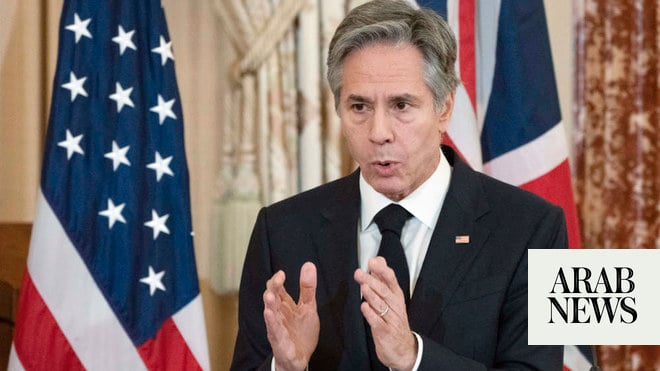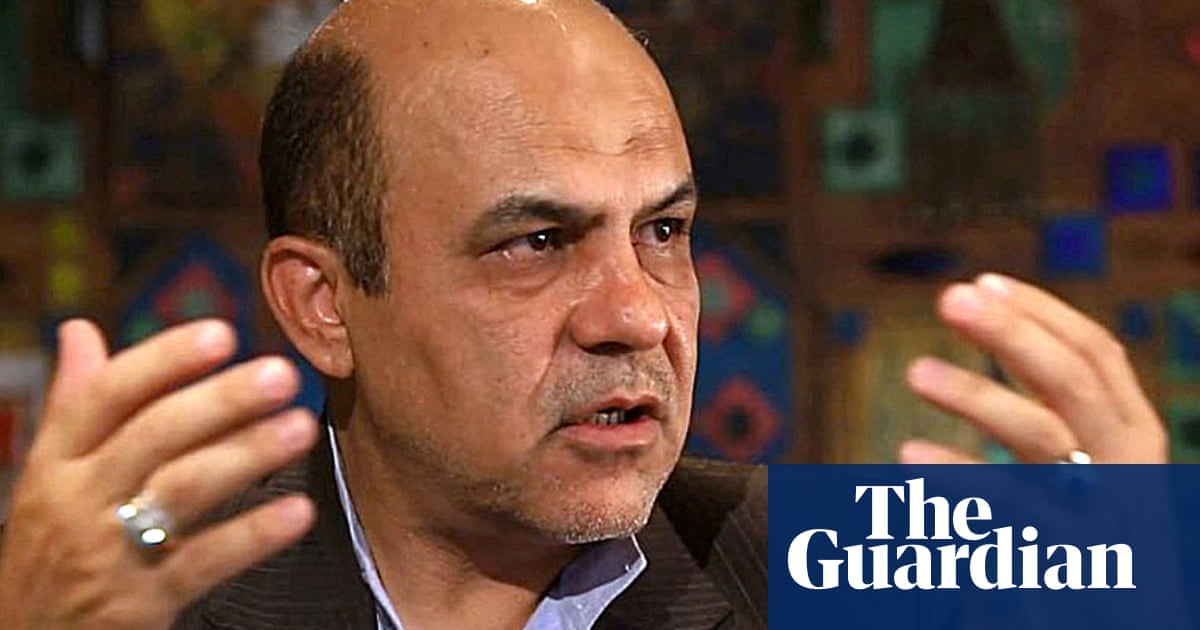
Britain has imposed sanctions on the Iranian prosecutor general after the country’s execution of the British-Iranian dual national Alireza Akbari, while Iran has summoned the UK ambassador.
Akbar was executed on Saturday after Iranian authorities claimed he was an MI6 spy, charges his family and the Foreign Office deny.
Britain had already summoned the most senior Iranian diplomat in the UK to the Foreign Office to demand an explanation. And in what may prove a turning point in British-Iranian relations, the UK’s response is likely to go further by eventually including the proscription of the Islamic Revolutionary Guards Corps, a move that is also being considered by the EU.
The Foreign Office has known about Akbari’s detention for a long time, but had chosen, in line with the wishes of the family, to put private pressure on the regime to secure his release. He was arrested in 2019 after he returned to Tehran from London to advise the regime on the future of the Iran nuclear deal.
The UK foreign secretary, James Cleverly, writing on Twitter, said: “The UK has sanctioned Iran’s Prosecutor General. Sanctioning him today underlines our disgust at Alireza Akbari’s execution. The Prosecutor General is at the heart of Iran’s use of the death penalty.
“We’re holding the regime to account for its appalling human rights violations.”
The UK prime minister, Rishi Sunak, had called his execution a “cowardly act, carried out by a barbaric regime with no respect for the human rights of their own people”.
Sir Simon Shercliff, the British ambassador to Iran, was summoned as part of an Iranian claim that the British embassy had been used as a base from which to recruit Akbari, a former deputy defence minister in the reformist government led by Mohammad Khatami from 1997 to 2005. On Saturday night, Cleverly announced that Shercliff would be temporarily withdrawn from Iran as a diplomatic response to Akbari’s execution.
In a recording released by his family, Akbari said security authorities had pressured judges to issue a sentence carrying the death penalty against him. “The tribunal agreed to release me on a low bail but the intelligence ministry stopped that. The supreme court voted against the death penalty, but the intelligence ministry imposed its will by threatening the judge.”
His wife, Maryam Samadi, told the Guardian he had been put in solitary confinement for 10 months, before being moved to Tehran’s Evin prison, where Iran has incarcerated other dual nationals, including Anoosheh Ashoori.
She said he had been the victim of political infighting at the highest level, with friends claiming the intelligence services were looking for someone to blame for their repeated failure to stop Israeli attacks on its nuclear scientists.
In the smuggled audio recording, Akbari said he had made false confessions as a result of torture. “With more than 3,500 hours of torture, psychedelic drugs, and physiological and psychological pressure methods, they took away my will. They drove me to the brink of madness … and forced me to make false confessions by force of arms and death threats,” he said.
“They would tell me: ‘If you resist, we will send you to the dark cells of Evin prison where you’ll face an interrogator with a whip’.”




